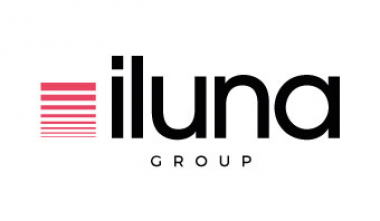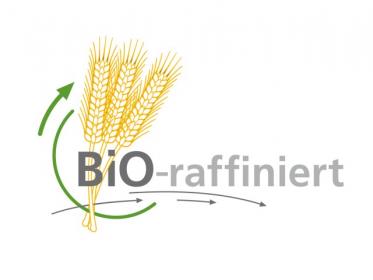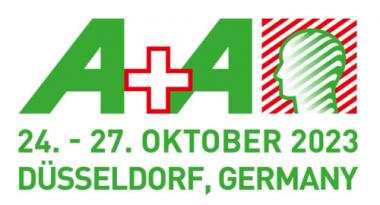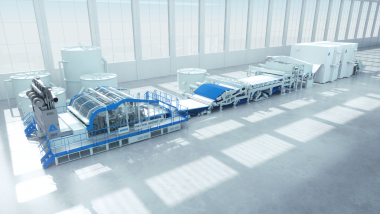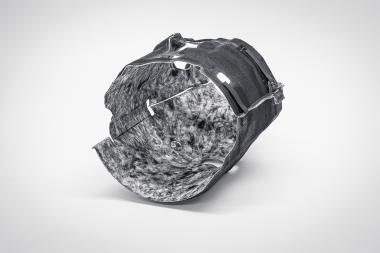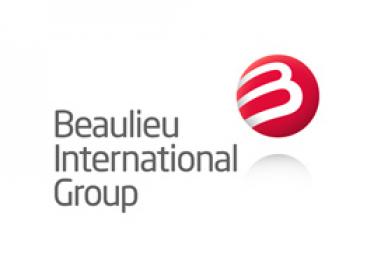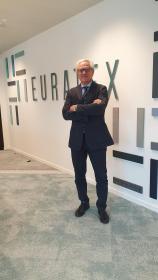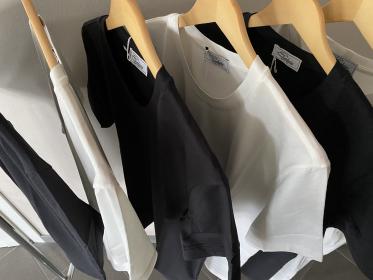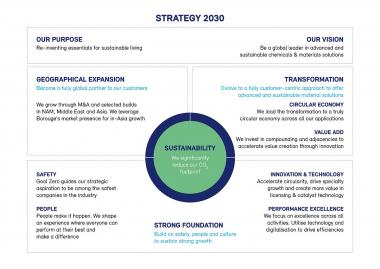Iluna Group at Première Vision AW 23
Iluna Group is exhibiting at the upcoming Première Vision, from July 5-7, with the aim of promoting a new fashion that combines aesthetic research and environmental responsibility.
The key word of this new collection is “experimentation”: the search for new solutions that can offer consumers style, sustainability and well-being translates into innovative blends, natural dyes and smart prints.
This season, the Iluna team is introducing for the first time GOTS-certified organic cotton inside its gallons and allovers, to add a natural touch to its Green Label line. Among the smart ingredients chosen by Iluna Group are Renycle® and Q-Nova, both GRS-certified pre-consumer recycled polyamide yarns, in addition to premium recycled stretch ROICA™ EF by Asahi Kasei. The result is a comfortable and ultralight product that remains true to a high value of creativity and responsibility.
In terms of aesthetic innovation, explorations continue with a yarn blend of FSC-certified viscose and polyamide, resulting in striking new Textronic designs. The 3D effect embossed designs create a cloud effect that, combined with Lurex, shows unexpected glows.
Moreover, the continuous path through the new dimension of responsibility continues in several directions: developments in GRS (Global Recycled Standard) certified recycled yarns aimed at unprecedented effects in both look, performance and hands; experiments with 16 different natural dyestuffs; and continued investment in technologies that can ensure significant savings in water and energy consumption, including GREENDROP, the new GOTS-certified digital pigment printing system.
Iluna Group / C.L.A.S.S.


